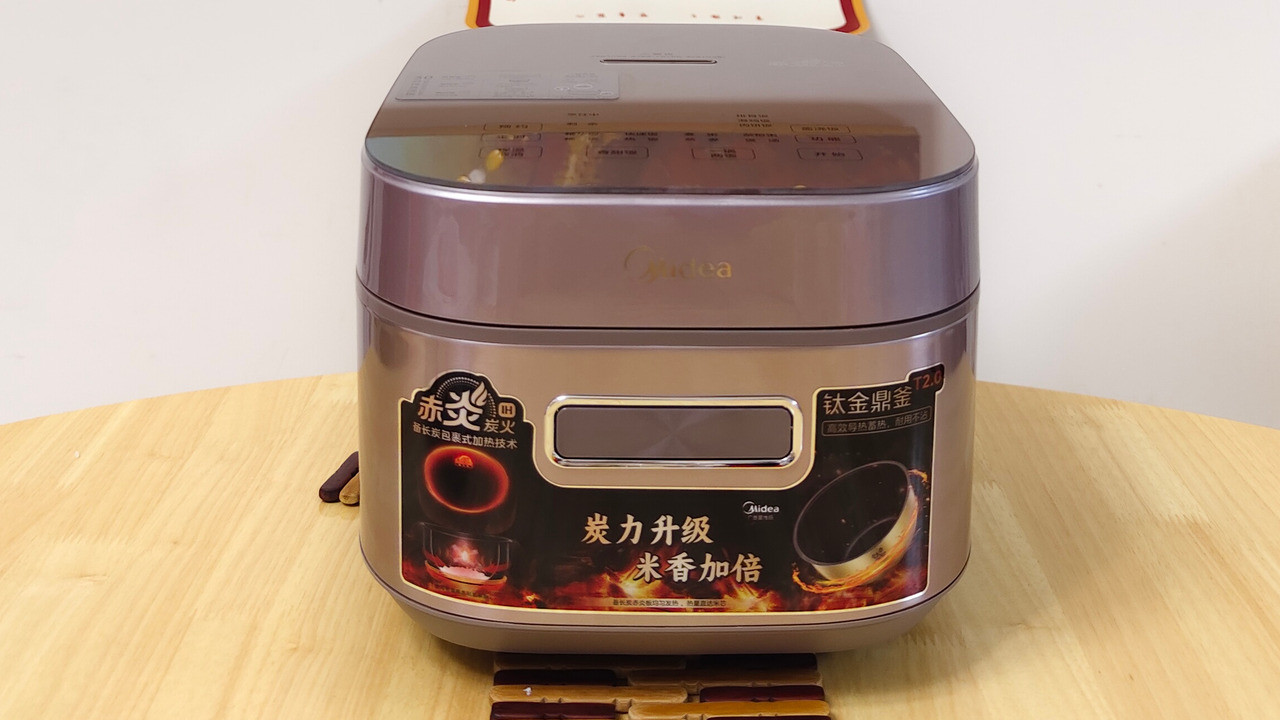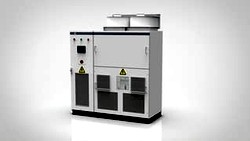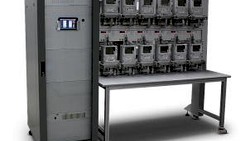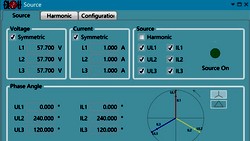To be sustainable, our kitchen habits are very important. As a passionate cook myself, I'm excited to share some of my observations on this topic. Cooking not only nourishes us, but also consumes a substantial amount of energy. With a variety of cooking appliances at our disposal, each offers distinct energy footprints. In this article, we're having a look at the world of cooking efficiency. We'll investigate the energy efficiency of popular cooking methods and serve up practical tips to enhance our culinary energy savings.
The Power of Induction
Induction cook tops, once a novel technology, are now at the forefront of energy-efficient cooking. Unlike traditional electric or gas ranges, induction cook tops use electromagnetic fields to directly heat pots and pans. This method bypasses the need to first heat an element or flame, thereby reducing energy waste.
Induction cooking is not only more energy-efficient, but also faster and offers precise temperature control. This efficiency stems from the fact that the energy is directly transferred to the cookware, minimizing heat loss. Therefore, it's a prime choice for energy-conscious chefs. However, it requires compatible cookware, so it's important to consider the investment in induction-ready pots and pans.
Speaking of energy-efficient cooking, I can't help but mention the Midea rice cooker that recently found its way into my kitchen. As a technical journalist, I had the opportunity to get my hands on this powerful induction heating rice cooker for personal use and testing purposes. Let me tell you, it's been quite an experience! This Midea rice cooker excels at heating the entire cooking pan, resulting in perfect, fluffy rice in no time. With its durable and extra heavy-duty inner pot, featuring a 1.5 mm 3-layer design and a Dakin PTFE coating, it ensures uniform and fast heating, making every grain of rice tastier.
And the best part? It offers various pre-programmed menus, allowing you to explore different recipes beyond rice, such as grains, steam, cake, and more.

The Time-Saving Microwave
Microwaves are a staple in modern kitchens, prized for their convenience. But how do they stack up in terms of energy usage? Microwaves use energy to create high-frequency waves that excite water molecules in food, causing heat through friction. This direct method of heating can be much more efficient than ovens, especially for smaller portions or for defrosting.
To maximize a microwave's efficiency, use microwave-safe containers, focus on items that microwave well, and regularly clean the appliance to ensure optimal performance. Despite some lingering concerns about microwaves, when used correctly, they are safe and can be an energy-efficient option for many cooking tasks.
Slow and Steady Wins the Race
Slow cookers embody the “set it and forget it” approach to cooking. They use less energy than an oven by maintaining a low temperature over several hours. Slow cookers excel in energy efficiency when cooking large or tough cuts of meat and dense vegetables, transforming them into tender meals with minimal energy.
To optimize a slow cooker's efficiency, resist the urge to lift the lid frequently, as this releases heat and requires additional energy to return to temperature. Also, filling the slow cooker to the appropriate level ensures that it isn't wasting energy heating an empty space.
Making the Most of Your Oven
While ovens are less efficient than some alternatives, they are uncomparable for certain types of cooking. To enhance oven efficiency, consider batch cooking multiple meals at once, and don't preheat longer than necessary. Using glass or ceramic dishes can also help, as they retain heat better and may allow you to lower the cooking temperature.
Convection ovens, which use fans to circulate hot air, cook faster and at lower temperatures than conventional ovens, providing energy savings. Additionally, keeping your oven clean and well-maintained ensures it operates efficiently.
Beyond the Appliances: Smart Cooking Tips
Beyond choosing the right appliance, several strategies can contribute to energy-efficient cooking practices:
- Right-Size Your Cookware
Matching the pot size to the burner can save energy. For example, using a 6-inch pot on an 8-inch burner wastes over 40 % of the burner's heat. - Use Lids
Keeping lids on pots traps heat inside, cooking food faster and reducing energy use. - Keep It Clean
A clean stove and cookware allow for better heat transfer and more efficient cooking. - Prep Smart
Thawing food before cooking reduces cooking time, and chopping food into smaller pieces can also speed up cooking, saving energy.
And remember, the energy efficiency of your kitchen is not just about the cooking methods, but also the appliances themselves. Investing in energy-efficient models can contribute to long-term savings and environmental benefits.
Takeaway
Energy-efficient cooking habits can have a significant impact on our energy bills and carbon footprint. By selecting the appropriate appliance for the task and adopting smart cooking practices, we not only become more energy-conscious but can also enjoy the added benefits of time savings and enhanced flavours. Whether you're an advocate for the precision of induction, the convenience of microwaves, the comfort of slow cooking, or the versatility of ovens, integrating these efficiency tips into your routine can lead to a more sustainable kitchen and a healthier planet.
And here's an exciting bonus tip: modern smart meters can provide valuable information about your energy savings. By monitoring your energy usage, you can gain insights into your cooking habits and make further adjustments to optimize efficiency. So, keep an eye out for these innovative devices that can help you on your energy-saving journey.
Thank you for reading. If you would like to share your thoughts, please feel free to leave a comment below. We value your feedback and are always eager to hear from our readers.
Until then, keep shining bright like a solar panel on a sunny day!





All comments are moderated before being published. Inappropriate or off-topic comments may not be approved.